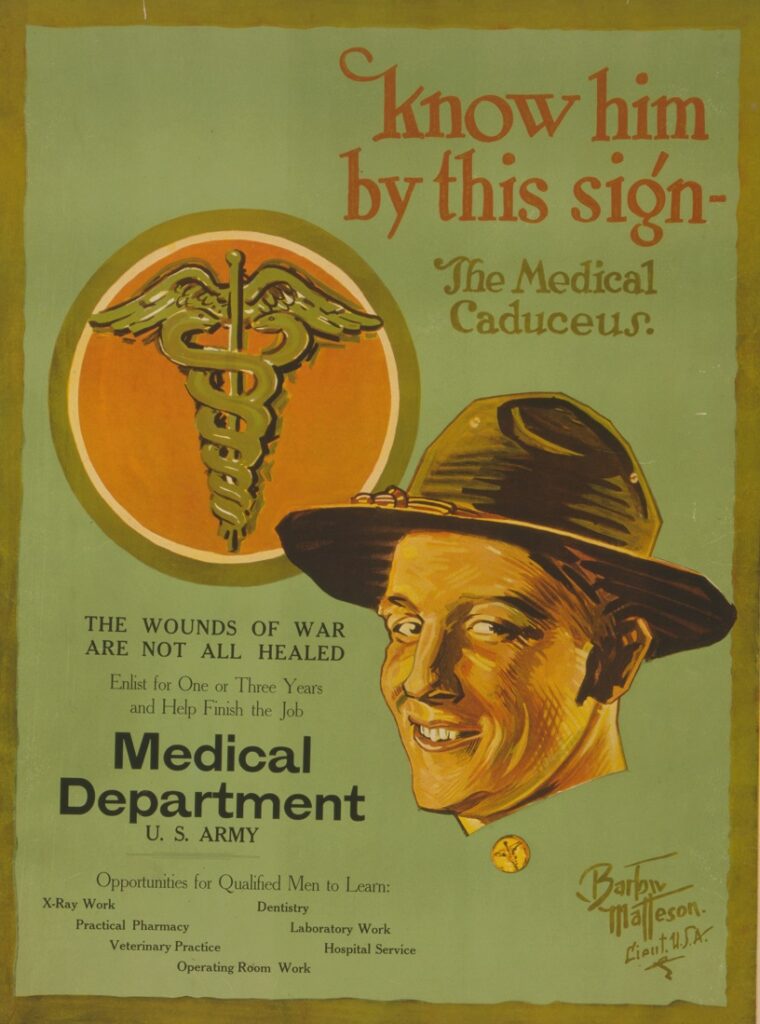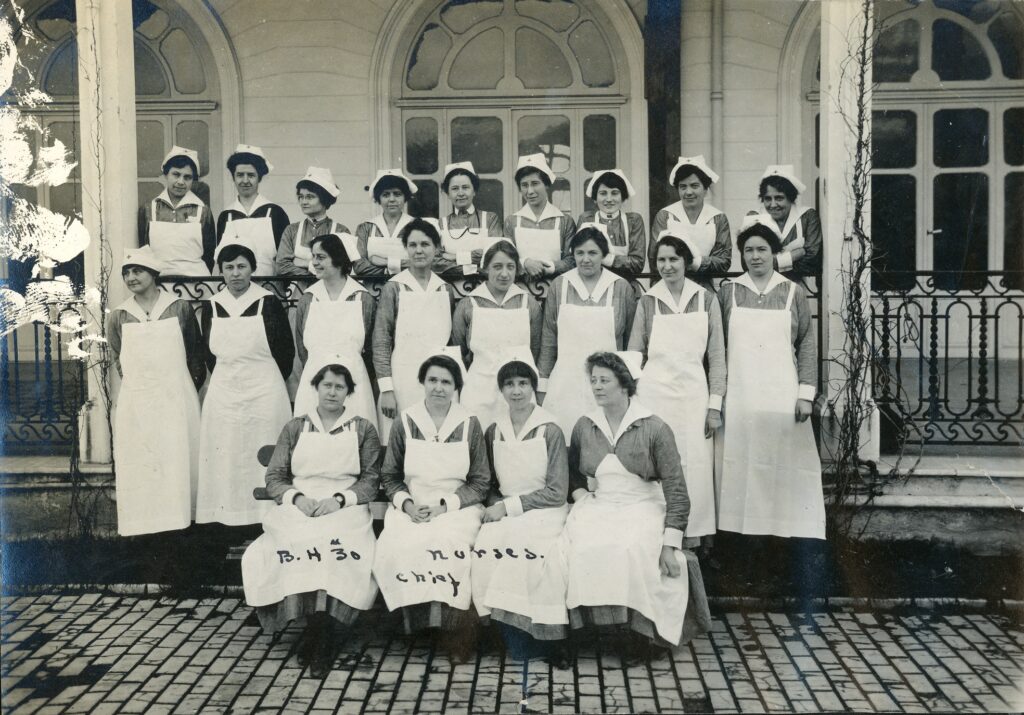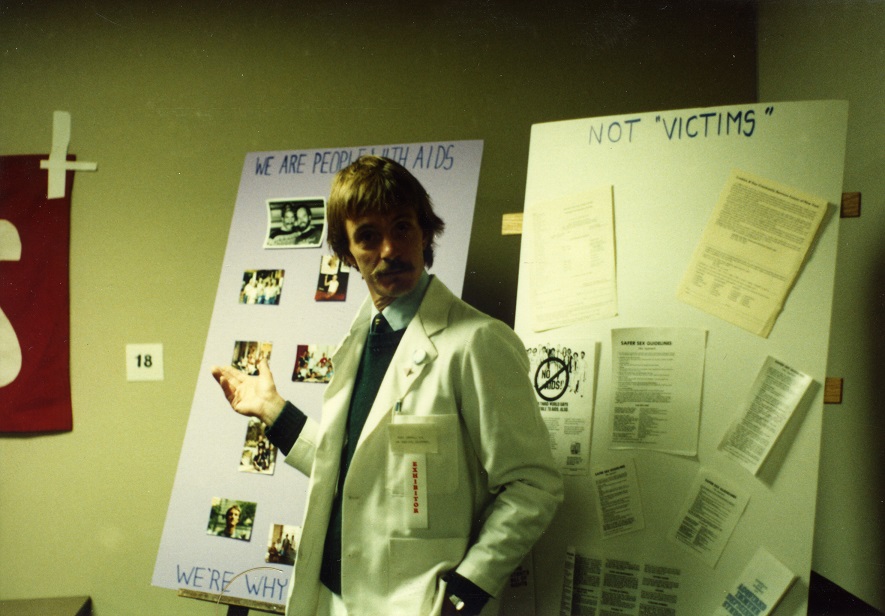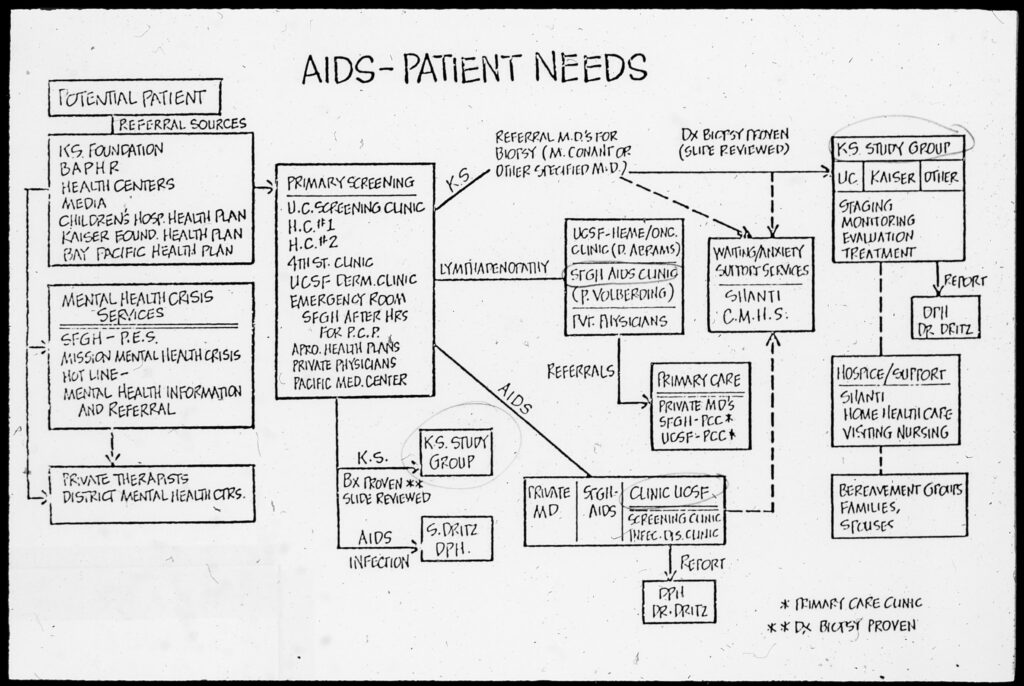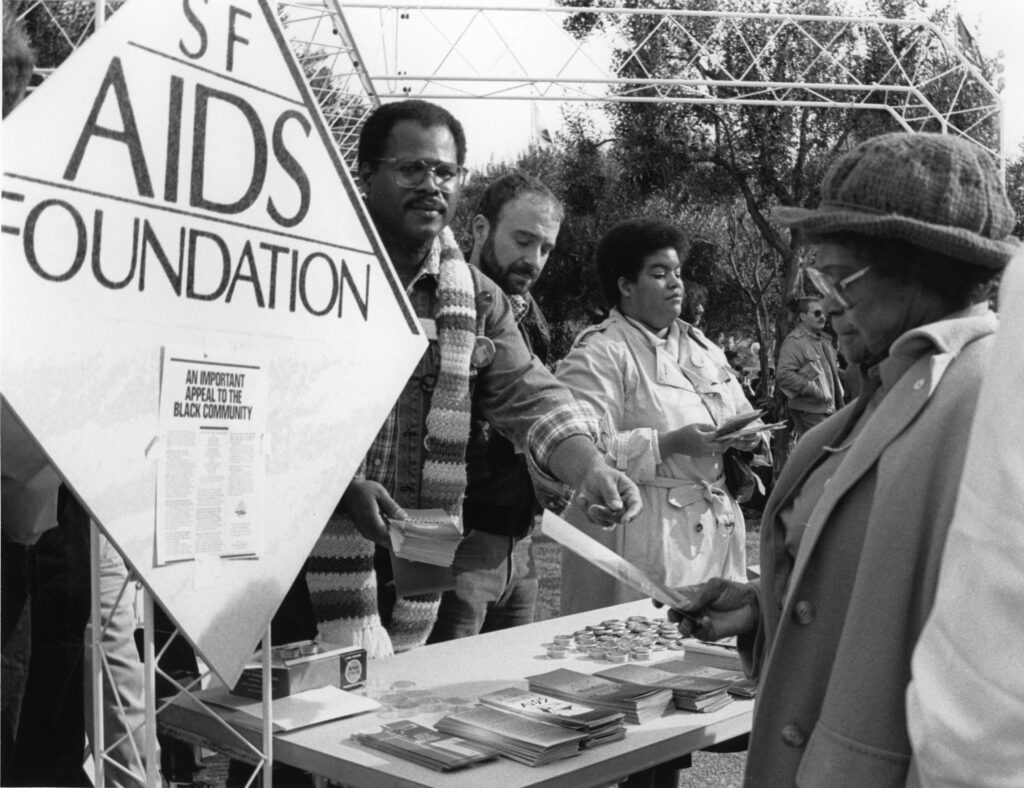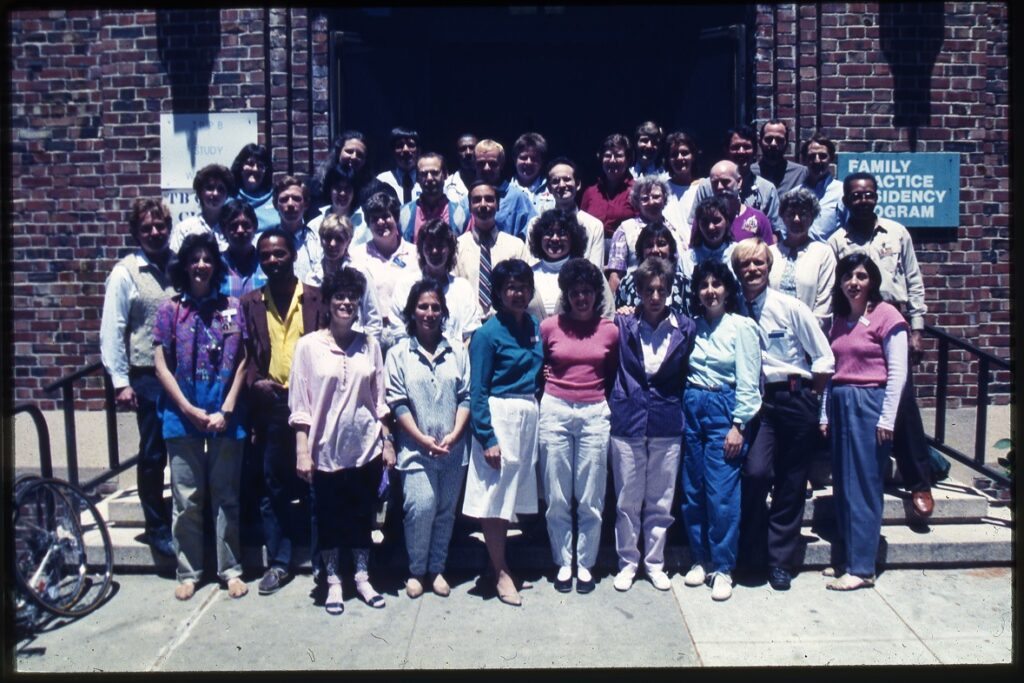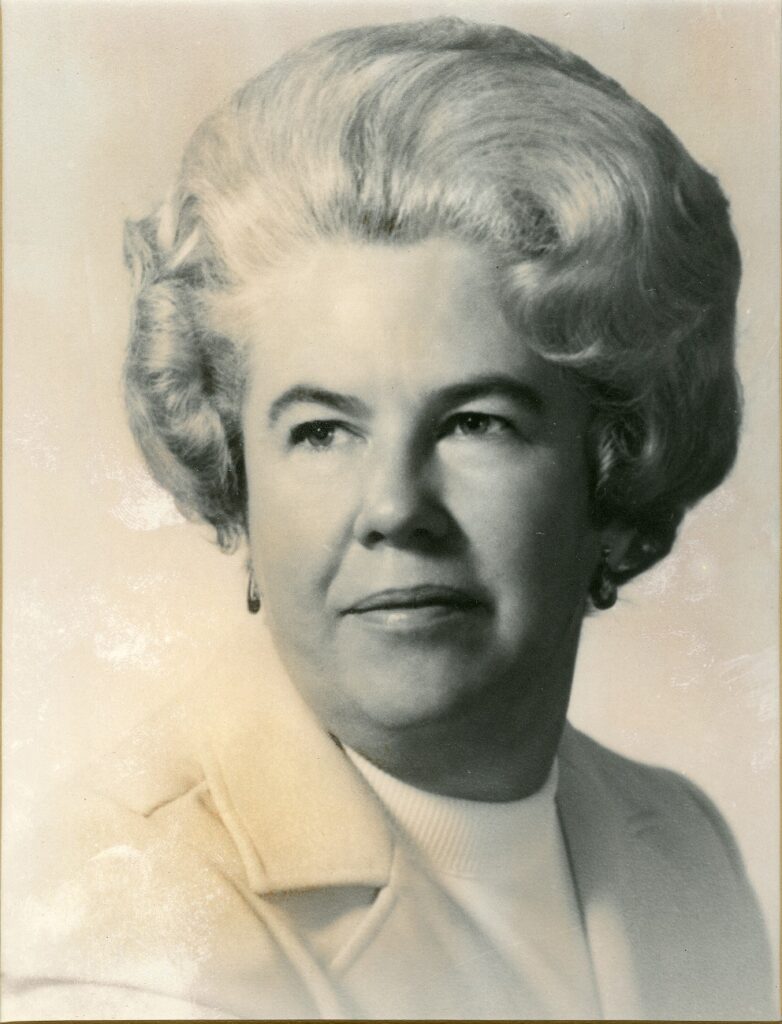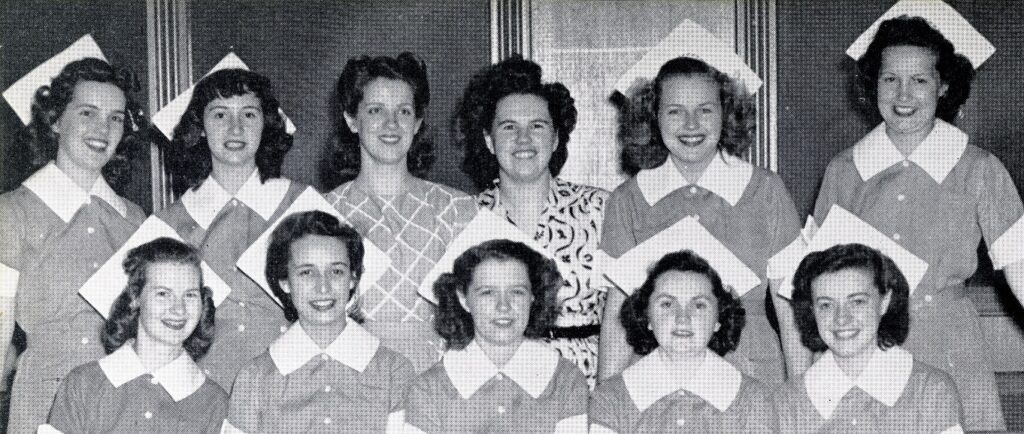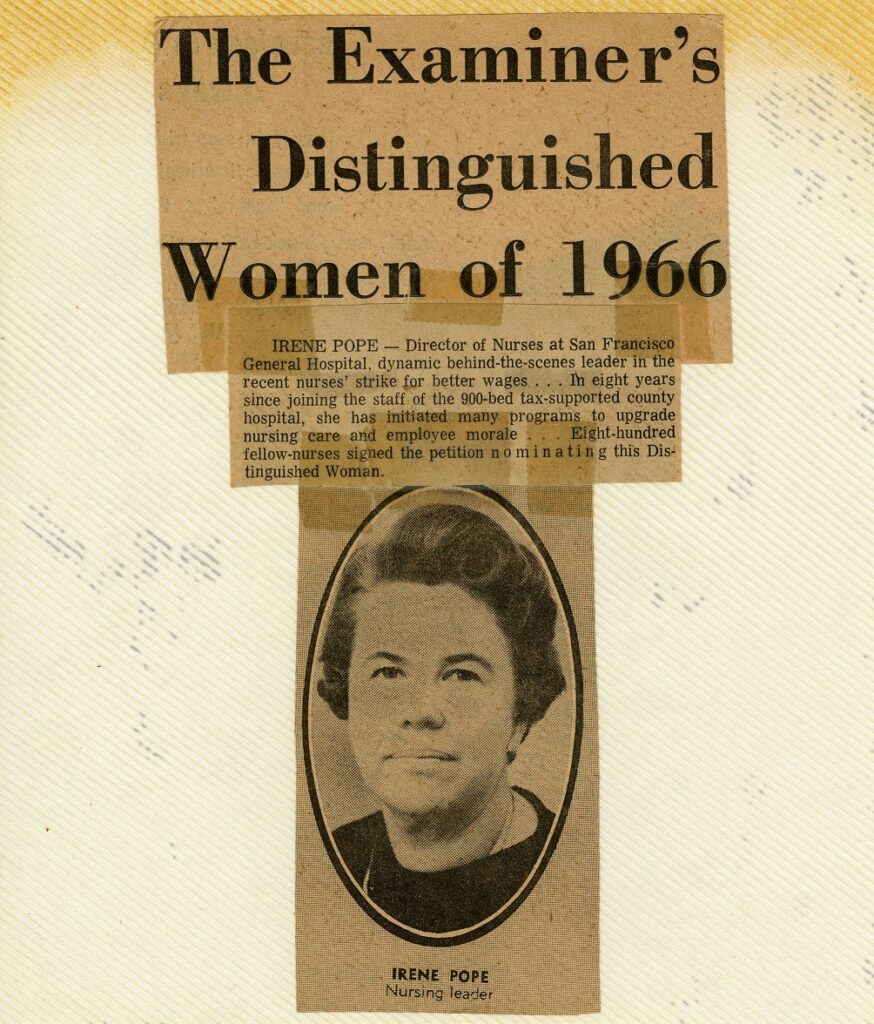It’s been a busy start to spring here at UCSF A&SC: new events and exhibits coming up, lots of researchers, and of course many new collections. As is prone to happen during times like these, there is a pile of new materials sitting on my desk, just waiting for me to enter into our database and (eventually) our library catalog. Here are a few that I am particularly excited about:
Clark Sturges papers (MSS 2017-09)
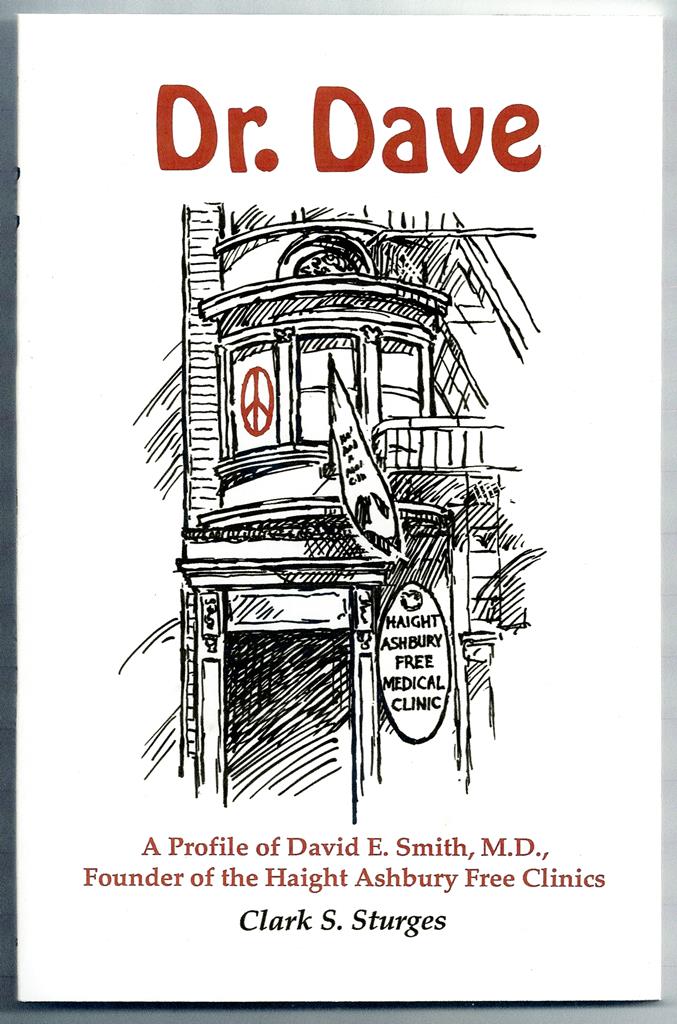
Just in time for the 50th anniversary of the Summer of Love, we recently were given the papers of Clark Sturges that relate to his profile of Dr. David E. Smith. Smith founded the Haight Ashbury Free Medical Clinic in 1967 in response to the medical needs of many of the young people who came to San Francisco during the Summer of Love. Sturges completed the book in 1993, and the papers are composed mainly of taped interviews, research notes, and correspondence.
Steven Deeks papers (MSS 2017-10)
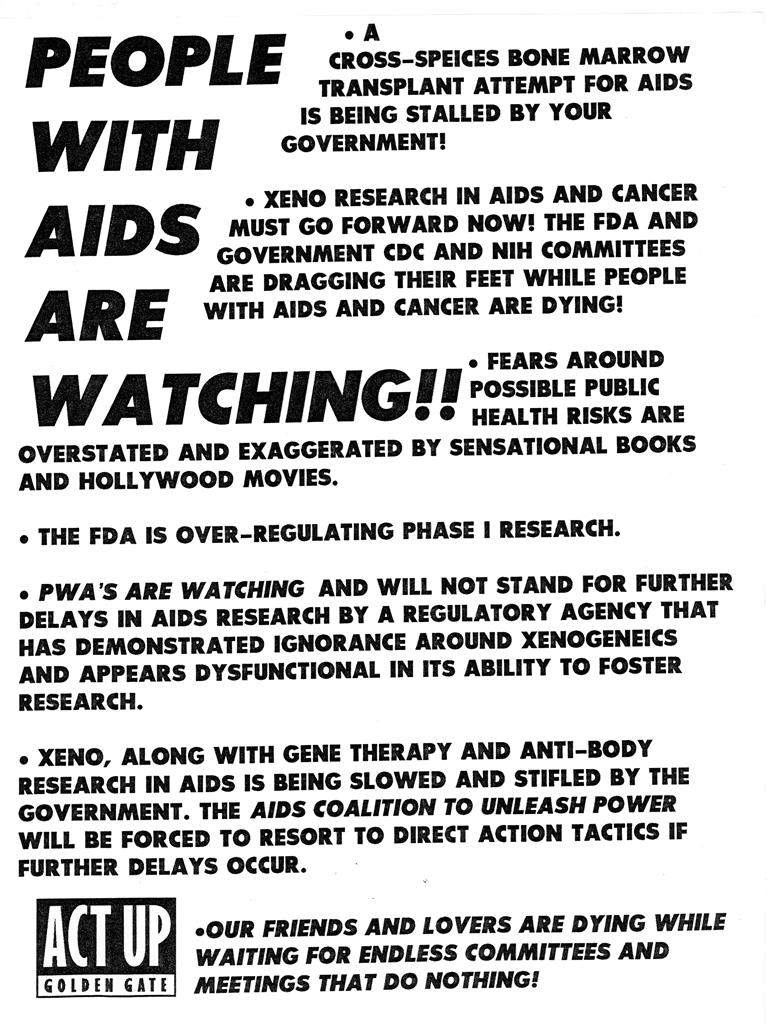
Another recent acquisition is the papers of Dr. Steven Deeks. The Deeks papers are primarily concerned with his involvement in the controversial baboon bone marrow transplant to an AIDS patient in 1995. While the transplant was not successful, it illustrates the sense of desperation of people with AIDS at that time–and also the highly innovative approaches that UCSF and SFGH doctors and researchers were taking at that time to combat the disease.
Mark Jacobson papers (MSS 2017-12)
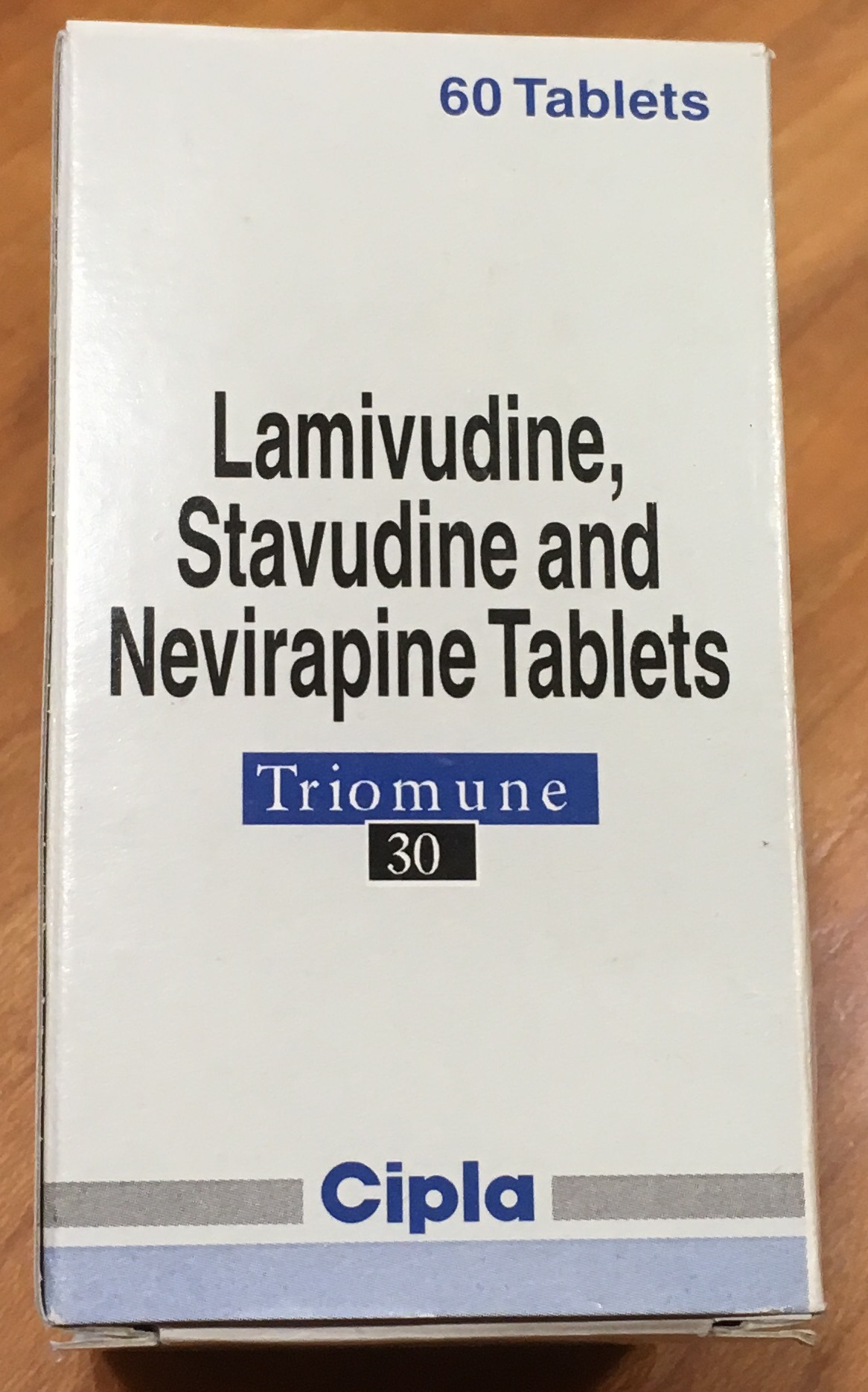
Finally, another collection that recently found its way to my desk is the papers of Dr. Mark Jacobson. The Jacobson papers are a hodgepodge of different materials, including calendars, index cards with patient symptoms and medication, a multitude of electronic records (including his PalmPilot), and this Triomune 30 box, which he picked up on a trip overseas. Dr. Jacobson also gave us a substantial number of books for our burgeoning AIDS History collection, and recently wrote a novel based upon his experiences that mentions the patient index cards in its foreword.

